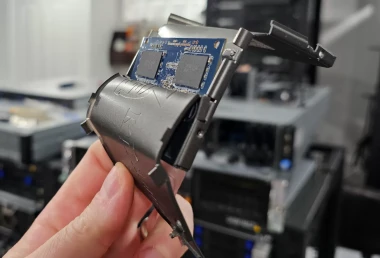“Systemd is the future”
Initially the bug report was shot down by systemd developer Luca Boccassi of Microsoft with:
So an option that is literally documented as saying “all files and directories created by a tmpfiles.d/ entry will be deleted”, that you knew nothing about, sounded like a “good idea”? Did you even go and look what tmpfiles.d entries you had beforehand?
Maybe don’t just run random commands that you know nothing about, while ignoring what the documentation tells you? Just a thought eh"
Good devs, good product, I’m really excited about our shitty, shitty future.








Add comment